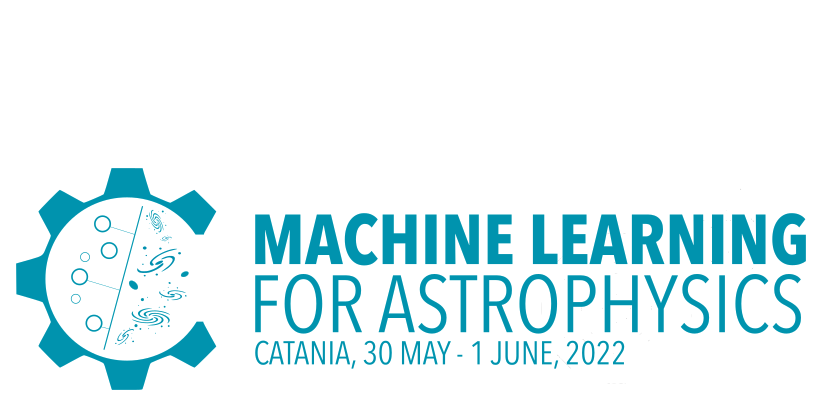Speaker
Description
In a data-intensive era, turning to automated statistical methods has become necessary in most scientific fields, including astronomy and astrophysics. Such methods make possible the analysis of large quantities of data of various forms, ranging from images to spectra, time series, and much more. They are capable of tackling lots of challenging tasks: inference problems, clustering, pattern recognition, and so on. In this presentation, we focus on the topic of clustering and its application to galaxy spectra.
Deep-learning algorithms have gained a lot of popularity in the past few years. However, their supervised nature makes them fully dependent on the quality and completeness of the data samples used in the training processes. And when it comes to galaxy spectra, there are simply no suited training samples available yet. We thus have adopted a data-driven unsupervised approach using the discriminant latent mixture-model based algorithm Fisher-EM (Bouveyron and Brunet, 2012).
In this talk, we will present our results described in Fraix-Burnet et al. 2021 and Dubois et al. 2022 (submitted). We investigated the discriminative capacity of the method based on the analysis of a sample of galaxy spectra simulated with the code CIGALE, and we have successfully applied Fisher-EM to observed data of nearby galaxies from the SDSS survey. We are currently extending this work to redshifts up to 1.2 using the VIPERS survey, and are studying the physical specificities of the classes using the galaxy SED modeling code PEGASE. Finally, we will illustrate how those results can be useful for supervised methods.

